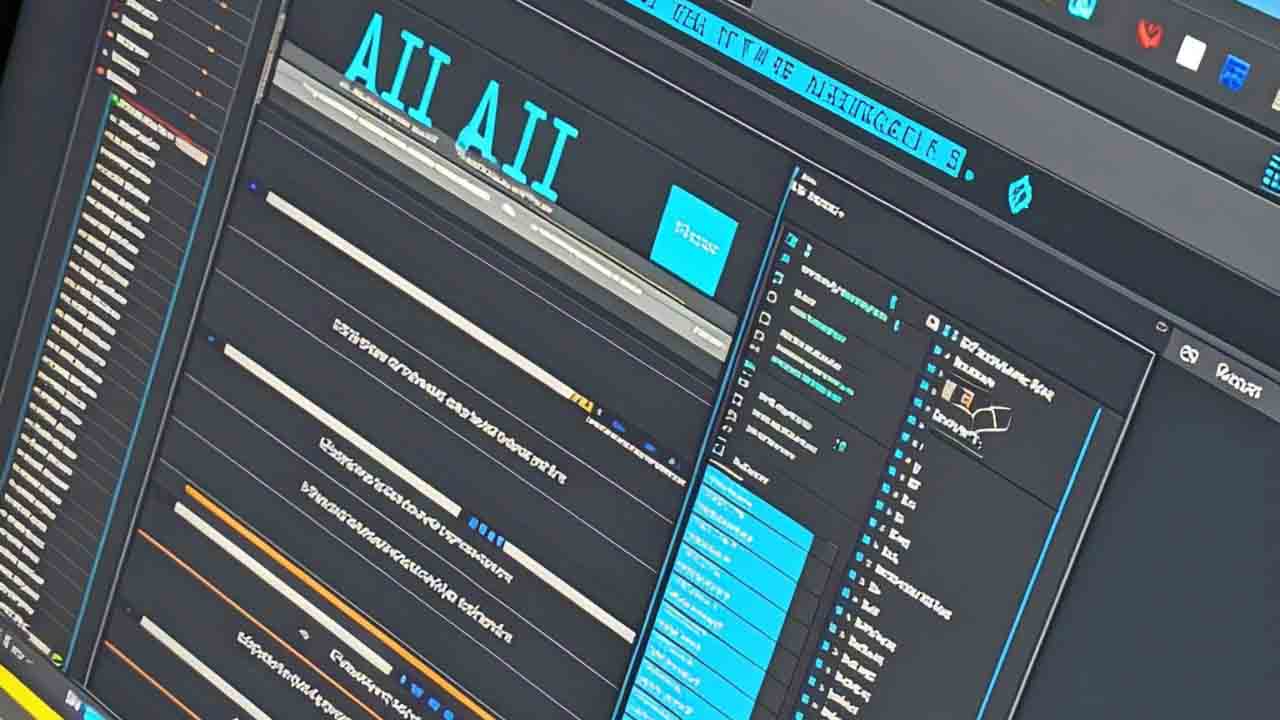
Gang Flow – AI Takes the Stage, AI technology is making waves in the music industry, reshaping how artists and producers approach music creation, mixing, and mastering. With tools like OpenAI’s MuseNet and Jukedeck, AI is not only assisting in music composition but also pushing the boundaries of what machines can create. The evolution of AI in music production is transforming the way we make and experience music.
AI is becoming an essential tool for artists and producers, helping with everything from generating melodies to creating entire songs. Platforms such as MuseNet and Jukedeck analyze vast amounts of musical data, allowing AI to compose music in various genres or mimic the style of famous artists. This technology offers musicians a new way to experiment, enabling unique creations and breaking traditional boundaries in music composition.
AI is also enhancing the mixing and mastering stages of music production. AI-driven platforms like LANDR automatically polish tracks by adjusting EQ, compression, and other audio elements to achieve a professional sound. These tools save time and provide musicians with a cost-effective way to finalize their work while maintaining high-quality results.
“North Bend Fire Dept. Hosts 58th Annual Pancake Feed”
While AI’s role in music is growing, it raises important questions about creativity and ownership. Will AI replace human musicians, or will it remain a tool that augments human creativity? Experts agree that AI will assist, not replace, musicians, allowing them to explore new ideas and sounds. As technology advances, AI will continue to shape the future of music, creating endless possibilities for innovation.
AI is becoming a key player in the music industry, enhancing creativity and efficiency in music production. As AI technology evolves, it will open new opportunities for musicians to explore and redefine the boundaries of sound.
“Next-Level Responsive Design: Seamless Experience”
This website uses cookies.